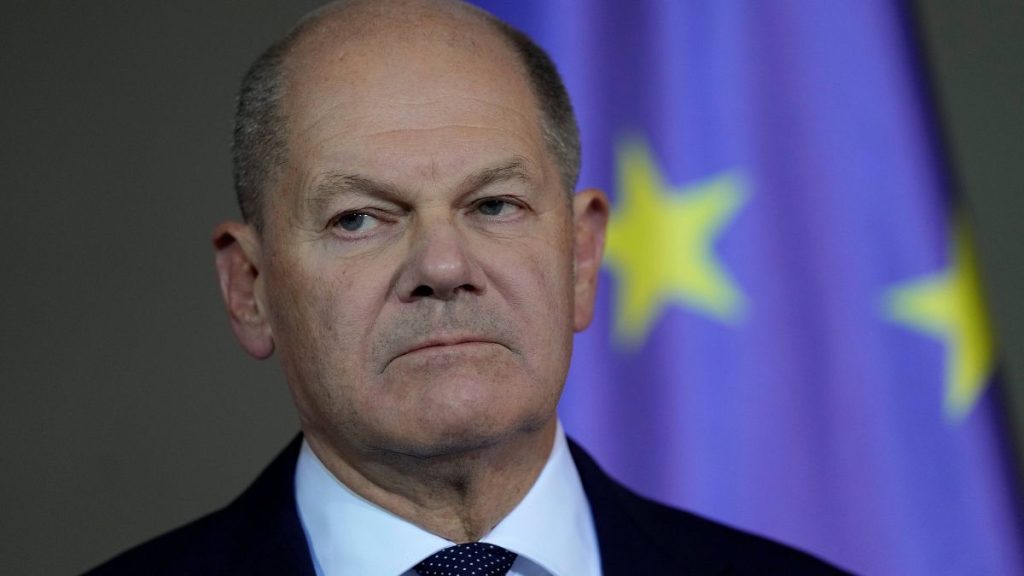The collapse of the German government, occurring shortly after the re-election of US President Donald Trump, has had a significant impact on Europe. Following the breakup of the coalition government, Chancellor Olaf Scholz announced plans to hold a vote of confidence in January, potentially leading to new elections as early as March. The split was due to irreconcilable differences over the 2025 household budget, following years of internal strife within the coalition. The political discord was exacerbated by a series of crises affecting Europe and Germany, such as the COVID fallout, the invasion of Ukraine by Russia, and the shutdown of the Nord Stream 2 pipeline. The chaos in the German government coincides with Trump’s re-election, prompting concerns about the need for increased security and defense in Europe as the US adopts a more inward-looking approach.
EU policy expert Dr. Thu Nguyen believes the breakup of the German coalition was inevitable due to the deep divides between the three coalition partners. She acknowledges that the timing of the collapse is unfortunate, given the need for strong leadership in both Germany and the EU. Dr. Nguyen hopes that the situation will be temporary and resolved once a new government is in place, emphasizing the importance of a united European response to the results of the US election. She expresses concerns about the potential influence of leaders like Viktor Orban and Giorgia Meloni, who may advocate for a more pro-Russian, less environmentally friendly, or stricter migration policy in light of the US election results. The lack of leadership in Germany and the weakened state of the French government could lead to further fragmentation within Europe.
The political turmoil in Germany has raised questions about the stability of the EU and its ability to address challenges collectively. With Germany currently in a state of chaos and other European leaders facing their own political struggles, there is a sense of uncertainty about the future direction of the EU. The absence of a functioning government in Germany, combined with divisions within the EU, could hamper efforts to formulate a cohesive response to key issues facing Europe. The impact of Trump’s re-election on European politics adds another layer of complexity as countries navigate their relationships with the US and grapple with shifting global dynamics.
The breakdown of the German government coalition has highlighted the need for a common European response to the challenges facing the region. As leaders in Germany and other European countries work to establish new governments and address internal divisions, there is a growing urgency for unity within the EU. The outcome of the US election has implications for Europe’s foreign policy and security considerations, underscoring the importance of a coordinated approach to international affairs. The EU must navigate these turbulent waters with a clear strategy that prioritizes unity, cooperation, and resilience in the face of uncertainty.
In the aftermath of the German government’s collapse and Trump’s re-election, the EU is at a critical juncture. The need for strong leadership, effective governance, and a united approach to pressing issues has never been more urgent. As European countries grapple with internal political challenges and external threats, it is essential for the EU to demonstrate solidarity and resolve in addressing shared concerns. The coming months will be crucial in determining the future trajectory of the EU and its role in shaping global geopolitics. By working together and forging a common vision for the future, European leaders can navigate the current challenges and build a stronger, more resilient union that is better equipped to tackle the complex issues of the 21st century.













